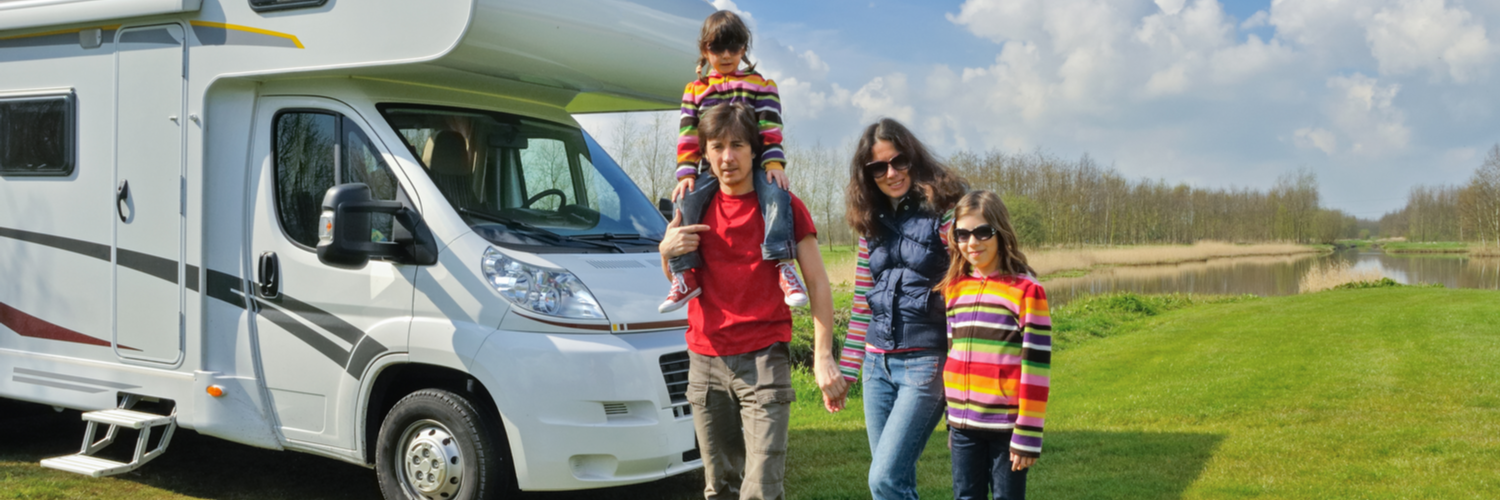What is RV Insurance?
Being part home and part vehicle, motorhomes have unique insurance needs. They call for some coverages that are commonly found in homeowners policies and some that are commonly found in auto policies. RV insurance policies provide the right blend of coverages so that drivers in Massachusetts can properly insure their motorhomes.
There are three main classes of RV insurance policies, with each class offering coverage for certain types of motorhomes:
-
Class A is usually for large motorhomes and converted buses
-
Class B is usually for small motorhomes, camper vans and travel trailers
-
Class C is usually for RV vans and fifth-wheelers
Drivers who are unsure which class their motorhome calls for should speak with an insurance agent who’s familiar with RV policies. An agent who’s helped other drivers insure their motorhomes will be familiar with the nuances of each class and be able to recommend the most appropriate of the three options.
Who in Massachusetts Needs Motorhome Insurance?
Most Massachusetts residents who own an RV should have a motorhome policy. State law generally requires drivers who take a vehicle on public roads to carry minimum levels of insurance, and it’s frequently a good idea to purchase more than the minimum-required amounts. After all, few RV owners could recover from a major incident without incurring substantial financial loss.
What Coverages Are Included in Motorhome Insurance Policies?
Motorhome insurance policies offer a wide range of coverages, and drivers can often adjust the included coverages to meet their needs. Depending on a driver's needs, some of the coverages a policy might include are:
-
Bodily Injury Coverage, which usually covers injuries to people outside a motorhome
-
Personal Injury Coverage, which usually covers injuries to people inside a motorhome
-
Property Damage Liability Coverage, which usually covers damage caused to others’ property
-
Comprehensive and Collision Coverage, which usually covers damage to a motorhome
-
Underinsured and Underinsured Motorist Coverage, which usually covers accidents caused by improperly insured drivers
-
Emergency Expenses Coverage, which usually pays certain unanticipated costs if a covered incident occurs while on the road
-
Vacation and Campsite Coverage, which usually extends several protections to road trips
In addition to these coverages, drivers who use their motorhome as a regular residence may need full-timer coverage and other protections.
Do Homeowners Policies Cover Personal Belongings Kept in RVs?
Most homeowners insurance policies provide coverage for personal belongings, but where they offer this coverage sometimes varies. Some policies include “worldwide coverage,” which typically covers belongings in most places of the world (places such as war zones are still common exceptions). Other policies limit coverage to only when belongings are on the insured property.RV owners who have worldwide coverage through their homeowners policy often don’t need to purchase additional protection for their belongings through another policy. Those whose homeowners’ personal property coverage is limited to on-site belongings might need to find a motorhome insurance policy that includes coverage for personal belongings. Otherwise, their belongings might not be insured when the items are in a motorhome and not at home.
A knowledgeable insurance agent can help RV owners make sure their belongings are properly insured both at home and on the road. An agent can review a homeowners policy and recommend motorhome insurance coverages based on the homeowners protections provided.


